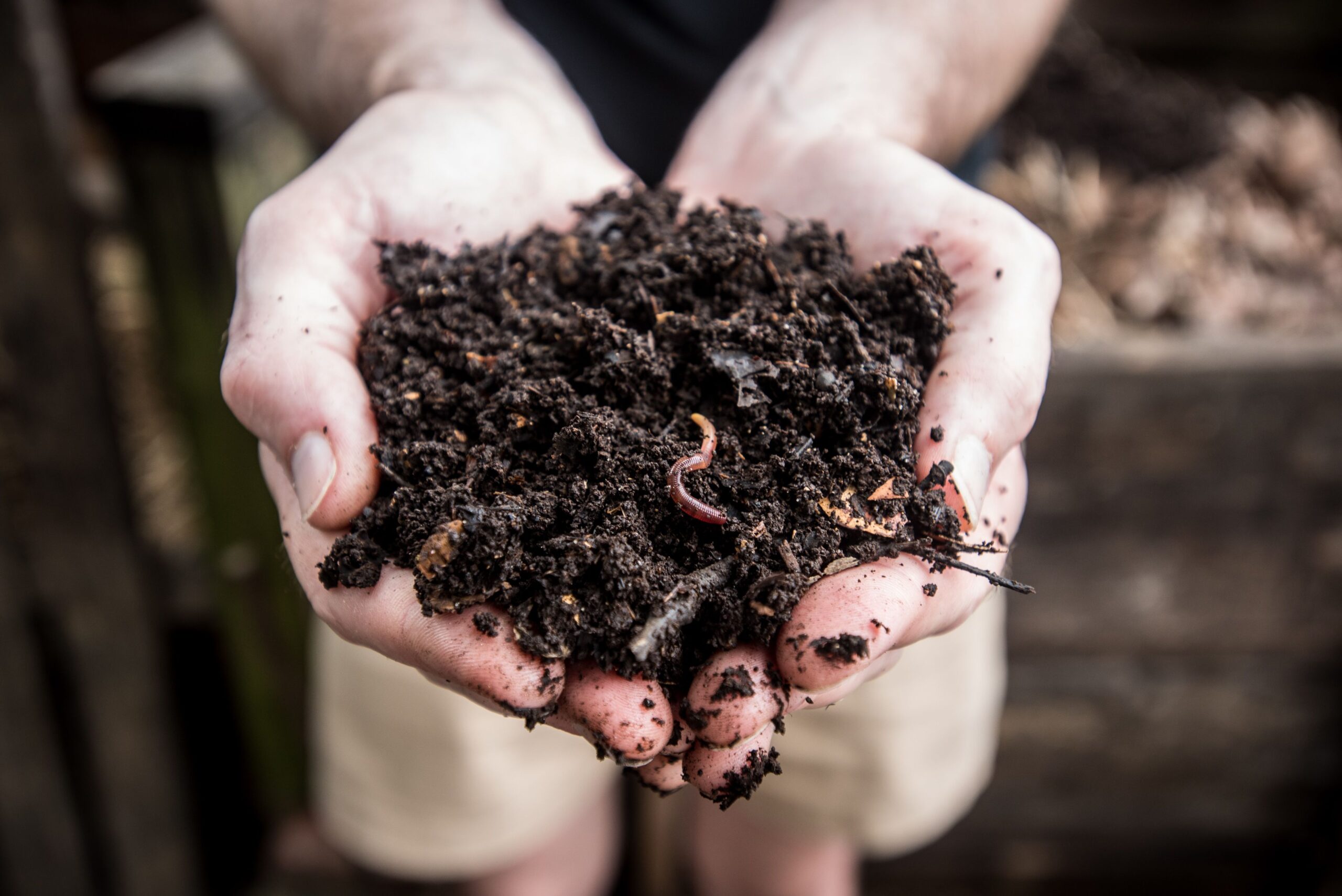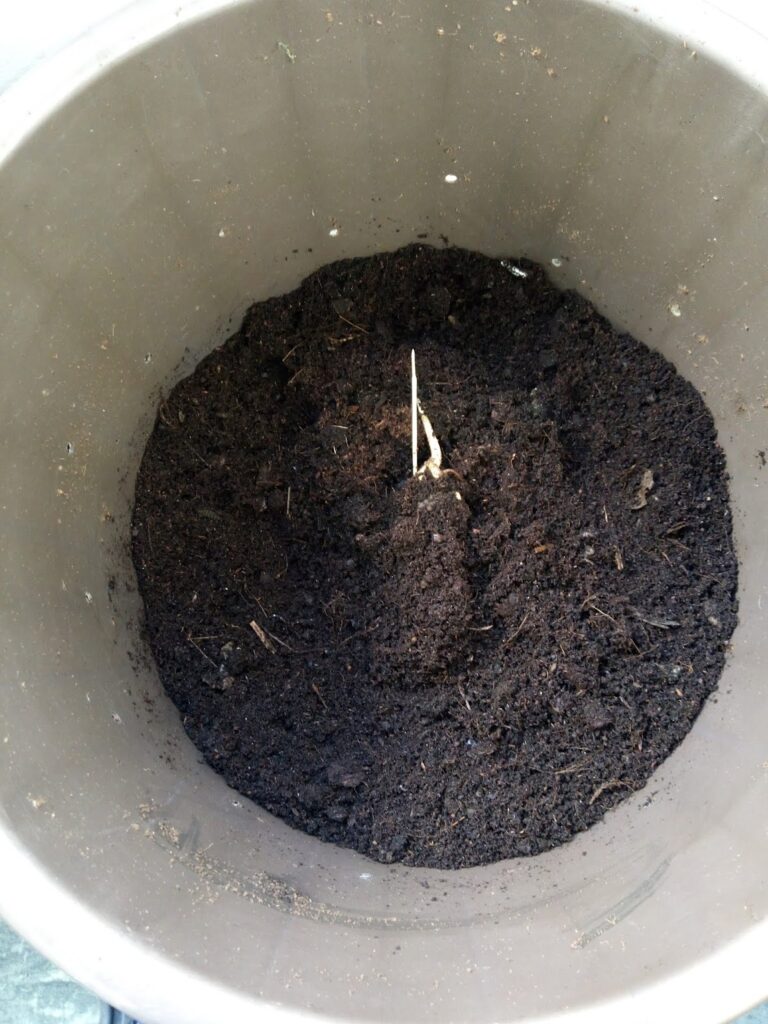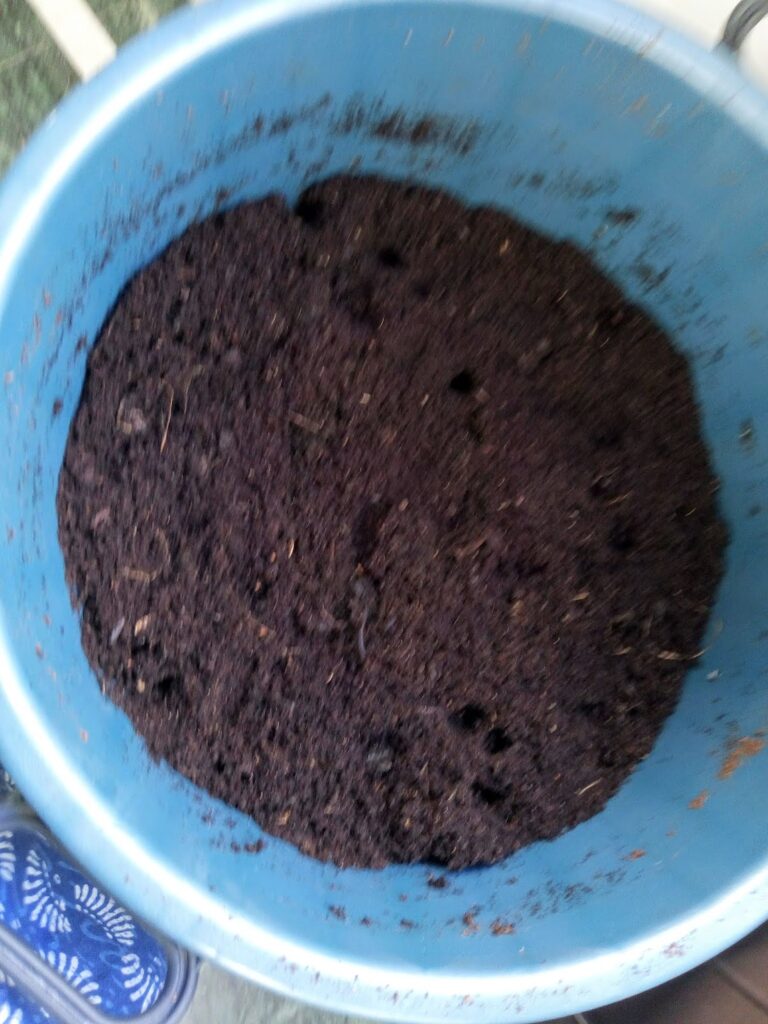This is one of the most frequently asked questions when we talk about home composting solutions. In an ideal world, you will be endowed with space and time for gardening, green thumb, and making compost at home to grow what you eat and eat what you grow.
Assume, you neither have garden space or time for it. Nor are you endowed with a green thumb. But you generate wet waste nonetheless and are pushed into composting your wet waste out of a government mandate, peer pressure, pressure from your kids who have been educated by environmentalists /activists at school or through school. In such cases, Composting is not an option but a social responsibility. That’s when “Aiyoh, What will I do with so much compost ?” echoes loudly.
Let me assure you, it is a good problem to have. Here is how.
1. Get to know your gardener buddies
Ask around. Whatsapp groups. There will be so many gardeners you didn’t know existed in your community who have been just waiting for this moment. A kitchen garden is always short of planters, seeds or potting mix and that’s how every garden that started with five humble pots turns into a forest.
2.Community Parks and Roadside trees
Take it to public parks and hand over or replenish soil around roadside trees. Serendipitously you will be following one of the principles of Permaculture – Returning surplus to earth!
3.Enrich the soil in nearby temples with a green patch
We live in a country where Temples abound. And most temples have a tree or two or a Brindavan/thottam. Check with the management and handover. Don’t be surprised if they ask you to help them compost the temples’ flower discards after your third visit.
4. Give it to School Eco clubs
Schools would be willing to take your compost too. Most Schools have eco-clubs and practice organic vegetable gardening. If not you could talk to the school where your children go and get them started too.
5. Use it as Mulch in Garden spaces in Office
Using your compost for the greenery in your office or nearby commercial establishments that have a lawn, as Mulch is a great idea too. Spread the unsifted compost around the stem of plants or trunk of trees. Especially after rains, it helps retain moisture and also helps in weed control.
6. Gift it to farmers/farming communities nearby
Check out with the local vegetable vendors or organic vegetable shops nearby and find out if you can give away your compost to farmers practicing organic farming.
7. Put up for sale!
Composting is primarily a system to manage your wet waste and can never be looked at as an income stream, though it can fetch a value however nominal.
If you would like to compost waste generated by bulk generators such as large 1000 dwelling communities, Hotels, and such and sell the ready compost, it is wise to get it tested by an appropriate agency for nutrient content. For small quantities contact your nearest organic stores to see if they can take your packaged compost as part of their product line. So, do not worry about how to use the ready compost – you will be surprised at the demand for it, and you may even start looking at your neighbor’s wet waste enviously once you get started.
Remember compost given away is always for keeps. So think twice before giving it away..maybe- just maybe you want to create that extra time and space and also a garden? And use it yourself?!
That way you will evolve a closed loop ecosystem with segregation-composting-grow what you eat -eat what you grow!
And how do you know if your compost is ready?
- It is a cold pile
- It is dark brown in colour
- It is crumbly
- It smells of fresh earth after rains – petrichor
- It is moist
If you are not already a composter now is the time to start. It is a wholesome experience that helps manage your wet waste smartly while enriching your soul and soil.
Here is my latest harvest of 34 kilograms of Compost from the last 90 days of kitchen waste using two methods of composting.
The brown bin was composted using the BOKASHI anaerobic method with effective microbes, and the Blue bin was composted using the aerobic method with cocopeat as the inoculated medium.



